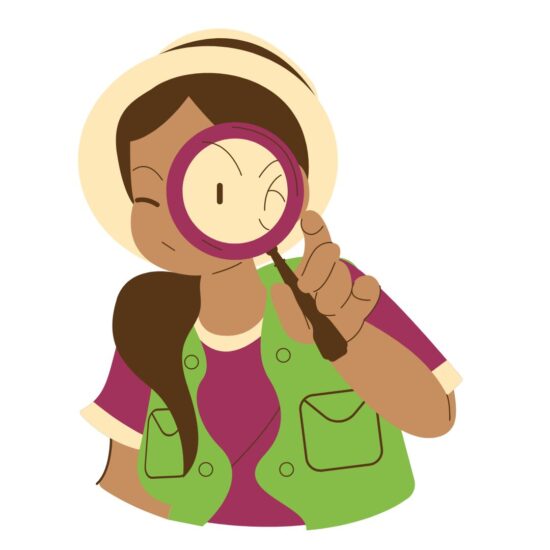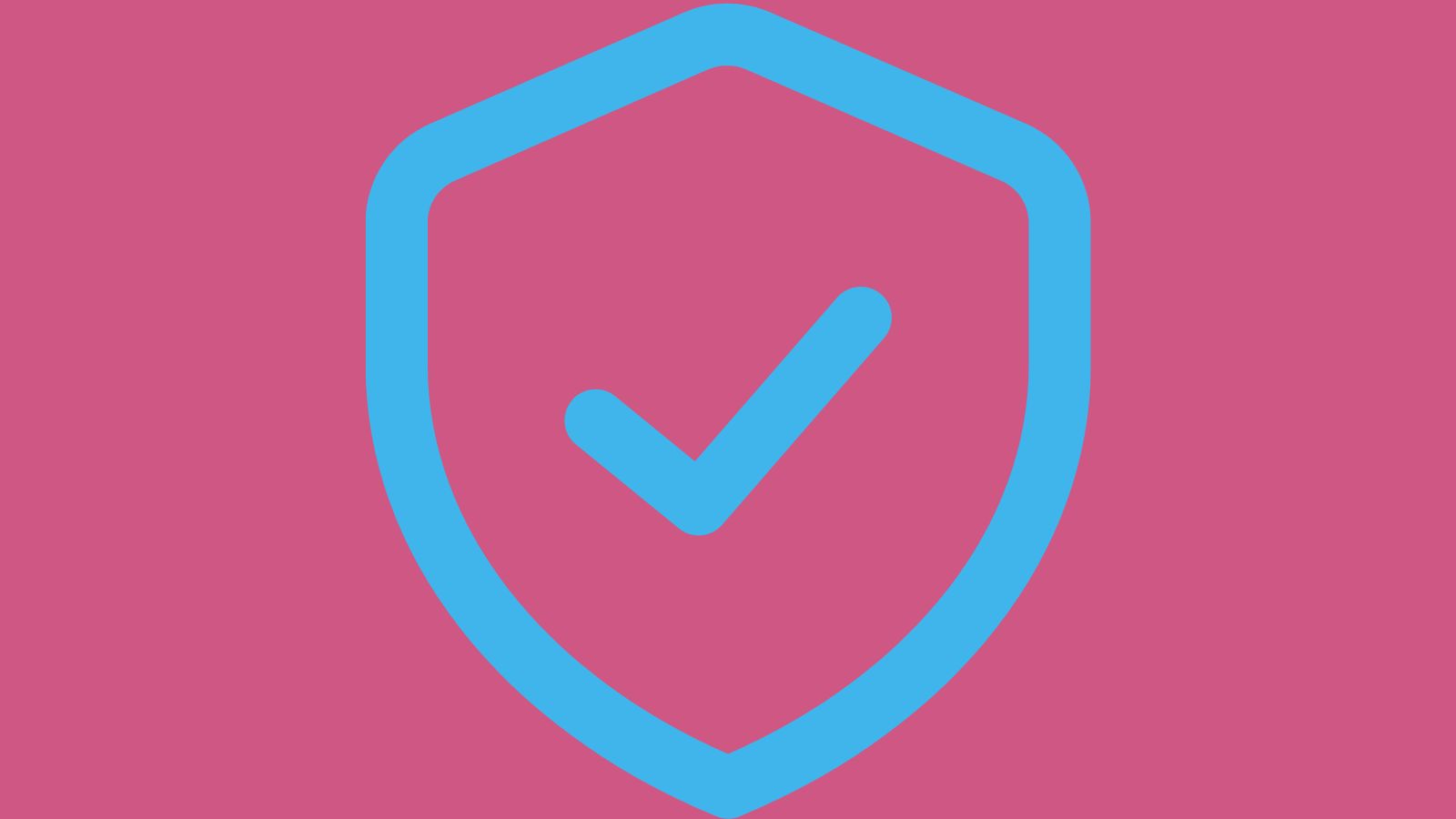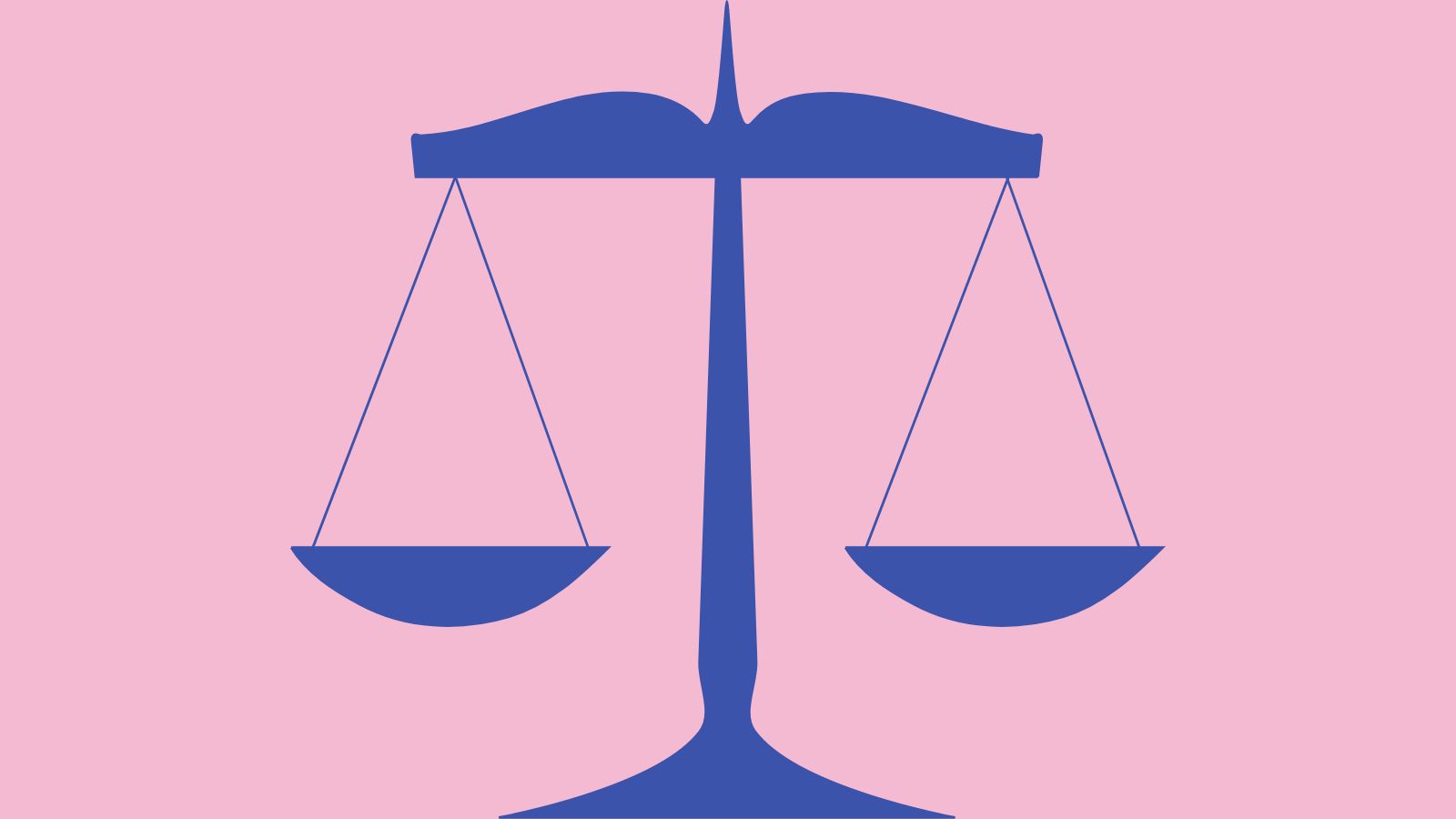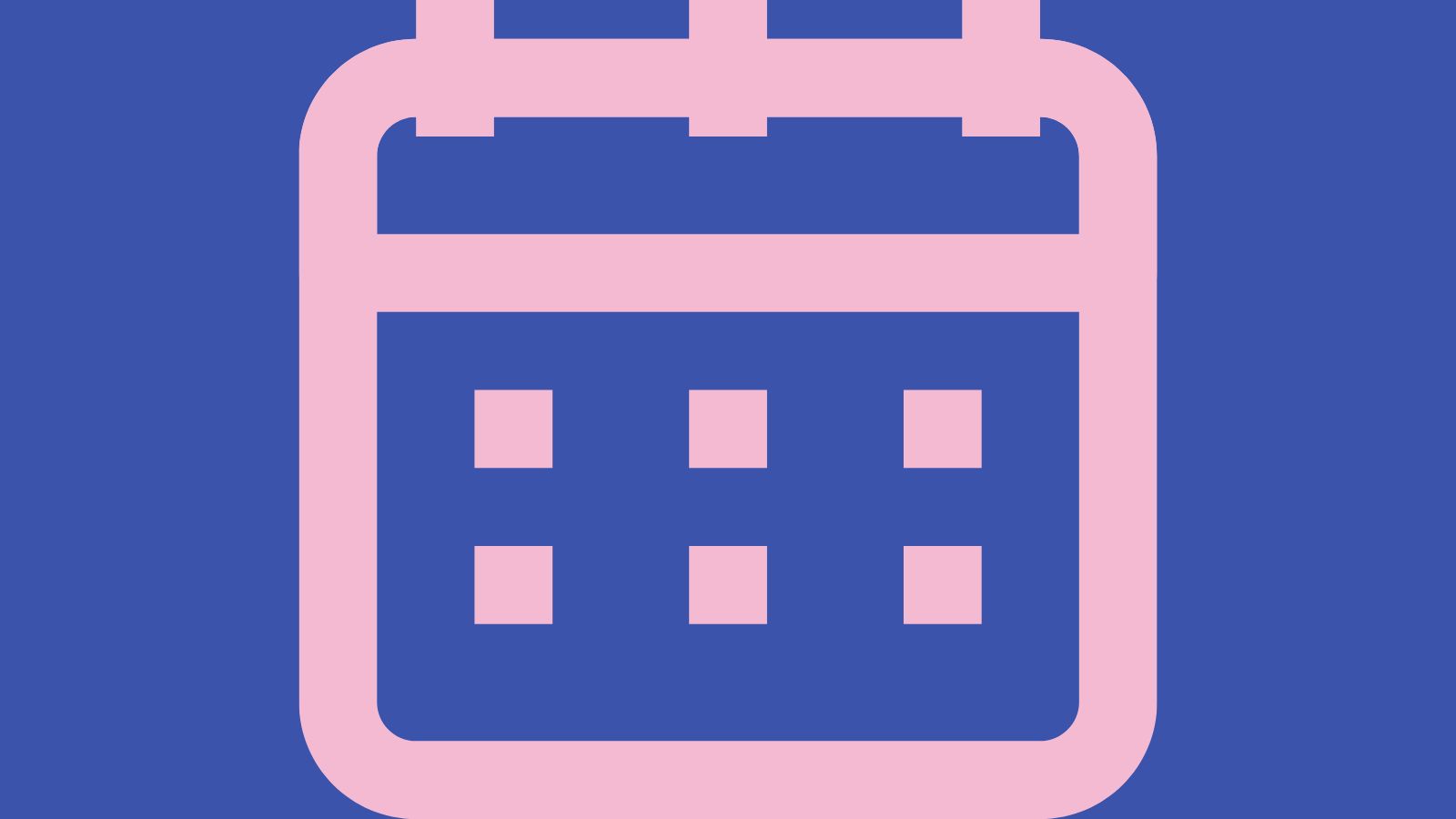Clinical Trials for Gene Therapy
A clinical trial is a research study that tests a medical, surgical, or behavioral intervention on patient volunteers. Clinical trials can also be observational, when patients are carefully monitored but don’t receive an intervention. Learn more about clinical trials with a gene therapy lens.
Does everyone get an intervention for gene therapy clinical trials?
Clinical trials have different protocols based on what they are testing. Protocols can also vary by what phase the clinical trial is in. A few options for treatment protocols are:
- Everyone gets the intervention
- Some people get the intervention, some people get standard of care
- Some people get the intervention, some people get a placebo
Are placebos going to be used in gene therapy clinical trials?
While this can vary by trial, there are many reasons not to use placebos for gene therapy trials, particularly for rare diseases. First, for some rare diseases, there are no other treatments, so it may be unethical to withhold the therapy. Second, the procedures for getting gene therapy can be taxing and require risks, calling in to question whether using a placebo is ethical. Third, for rare diseases there is only a small patient population. If trials use a placebo, patients may be less likely to join, therefore making the already small population to find participants from even smaller.
So if researchers don’t use placebos, what can they use instead to test effectiveness? Researchers and governing bodies are still learning how to do this. One option is looking at biomarkers or patient’s status before, during, and after the trial. Another option could be comparing the therapy to current standard of care, or creating a “placebo group” using real-world data from others who have or have had the disease.
Phases of a Clinical Trial
Informed Consent for Clinical Trials
Informed consent is the process of learning about a trial, including learning its’ purpose, how long it lasts, what procedures or tests are done, risks, and benefits. Participants are given an informed consent document that they need to sign that says they understand the trial and agree to participate.
For children under 18 years old, a parent or guardian almost always has to consent to the trial. In addition, children over 7 years old are often asked if they agree to participate.
While the informed consent document is signed before a person starts partaking in a clinical trial, researchers should continue to provide information to participants throughout the entire study


Clinical Trials Scientific Oversight
Institutional Review Board: Approves and monitors trials to see that the potential benefits outweigh potential risks; ensures clinical trials are ethical and protects patient rights
Office for Human Research Protections (OHRP): Helps protect the rights, welfare, and well-being of study participants
Data and Safety Monitoring Board: Reviews data to look at differences between groups, safety issues, etc.
FDA: Makes sure makes studies are following their protocols, provides guidance to researchers
Who pays for clinical trials?
Costs for clinical trials can be covered by the research team, health insurance, or out-of-pocket by patients. Before joining a clinical trial, it’s important to ask about different costs and determine who is responsible for what.
Costs could include (but are not limited to):
- Pre-intervention visits with researchers
- Pre-intervention care or preparation
- The intervention itself
- Post-intervention and follow-up care
- Travel to research or care facilities
- Lodging

How do people find clinical trials?
The SCGE has created a free tool to find information on gene therapy development. You can access this browser at https://scge.mcw.edu/platform/data/search/ClinicalTrial
People can look for US clinical trials by going to https://clinicaltrials.gov/
You can also utilize ResearchMatch, a nonprofit funded by the NIH (National Institutes of Health) that connects people interested in research studies with researchers at top medical centers across the US.





